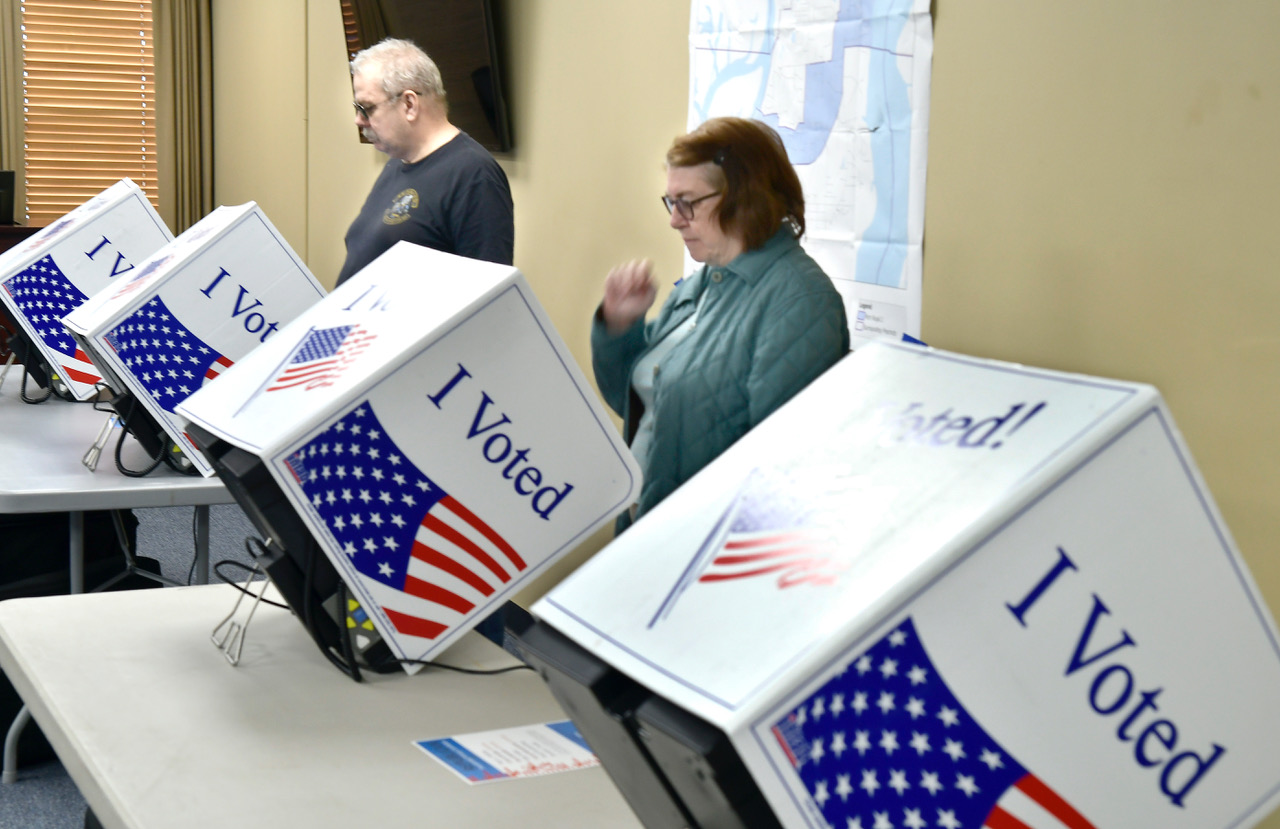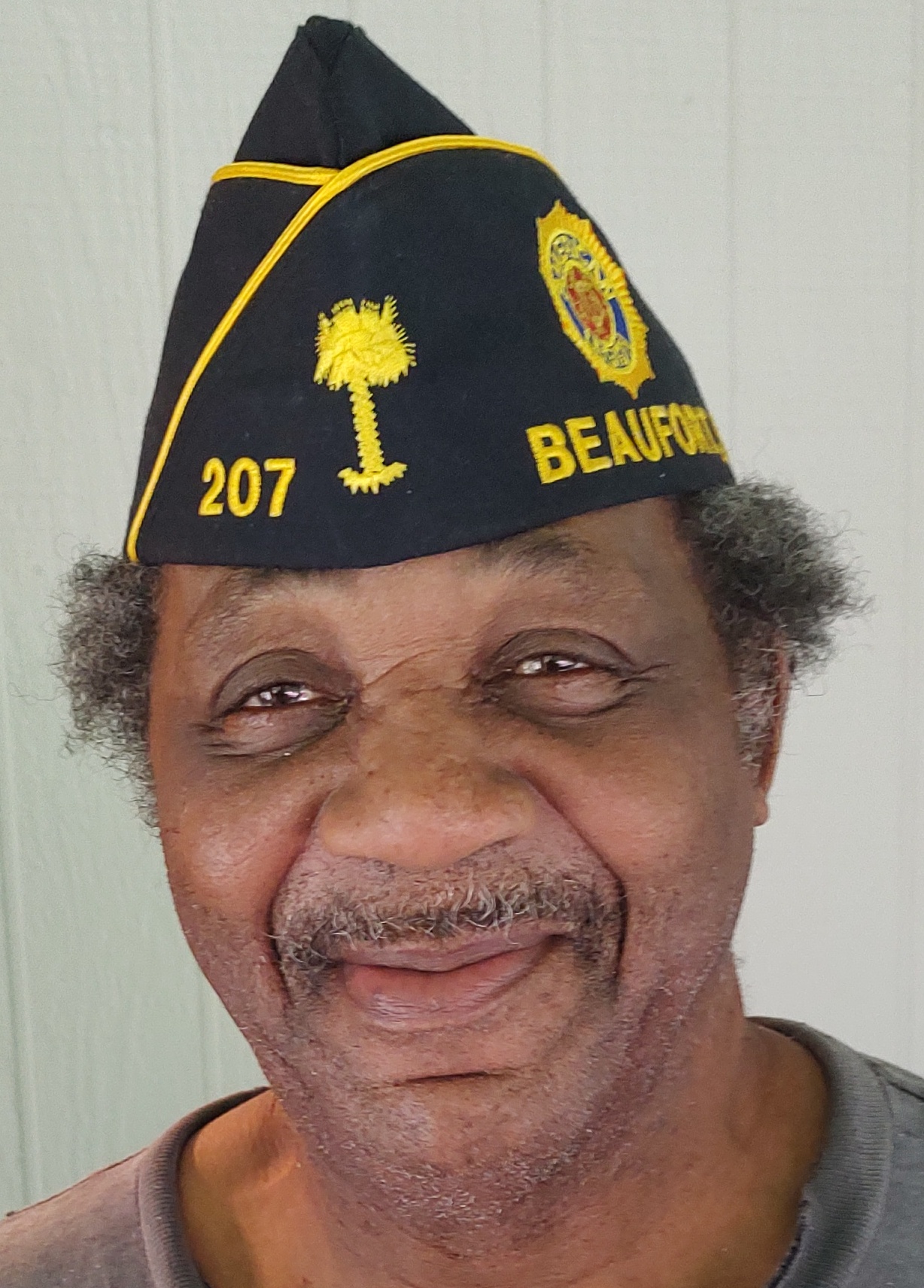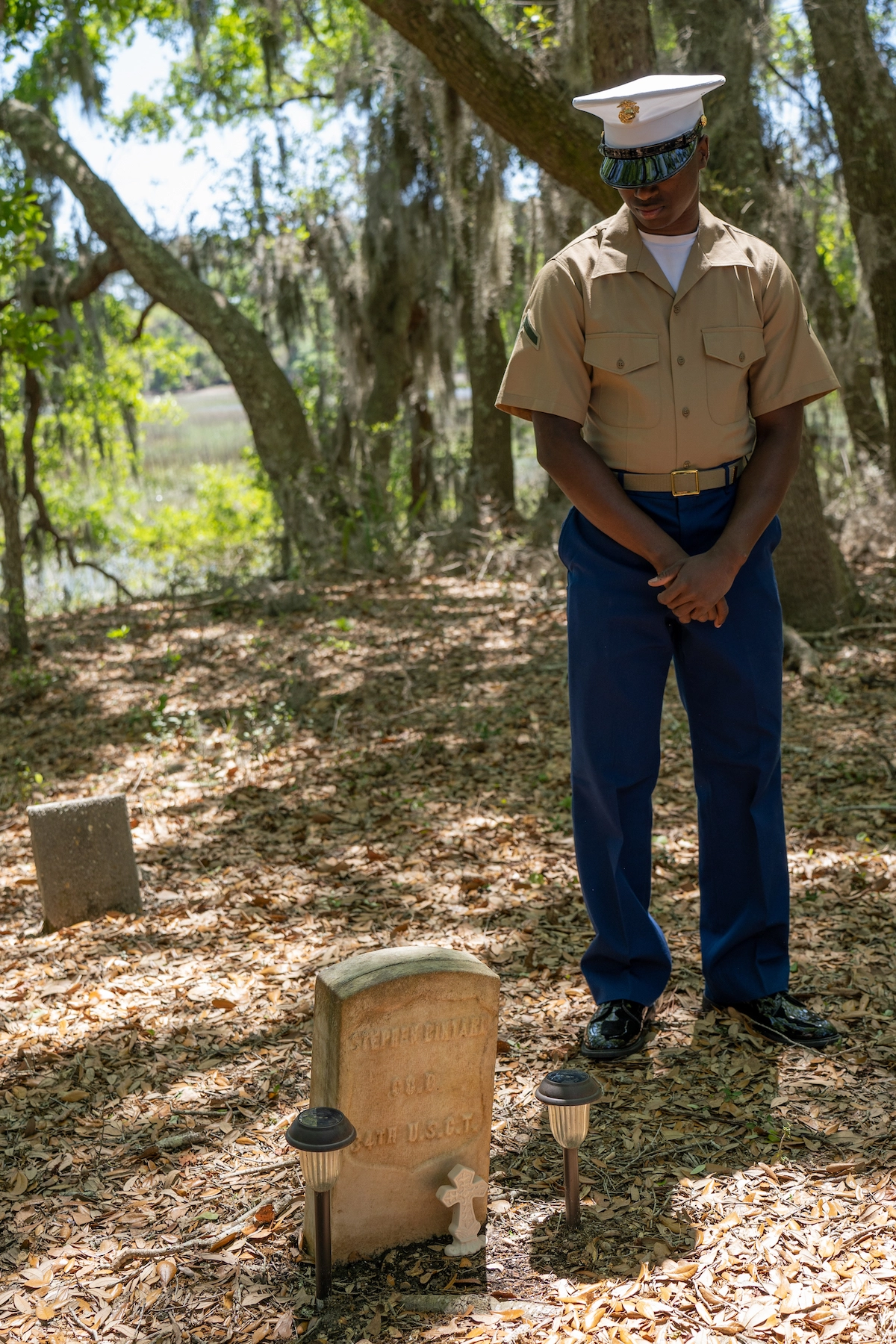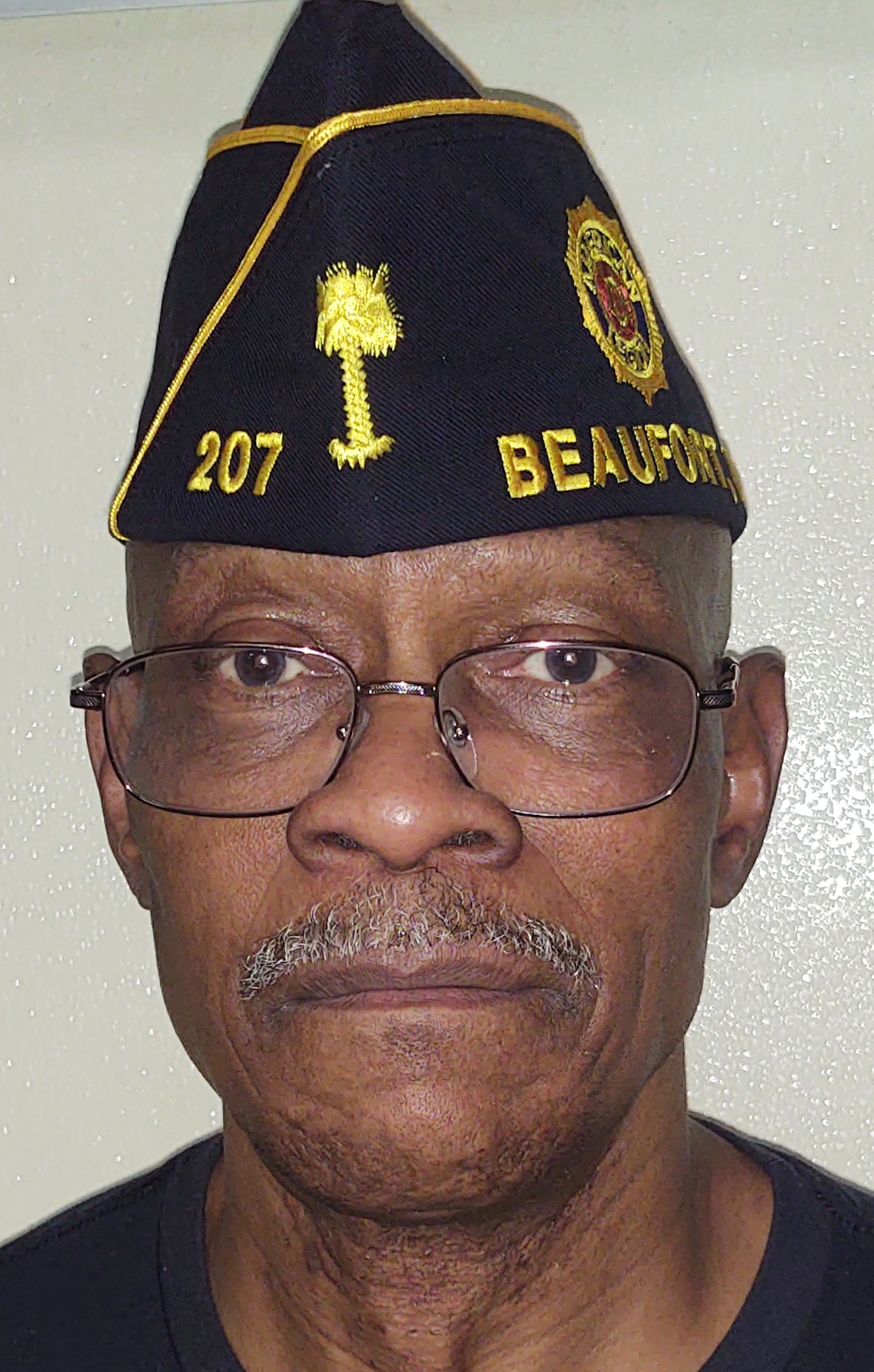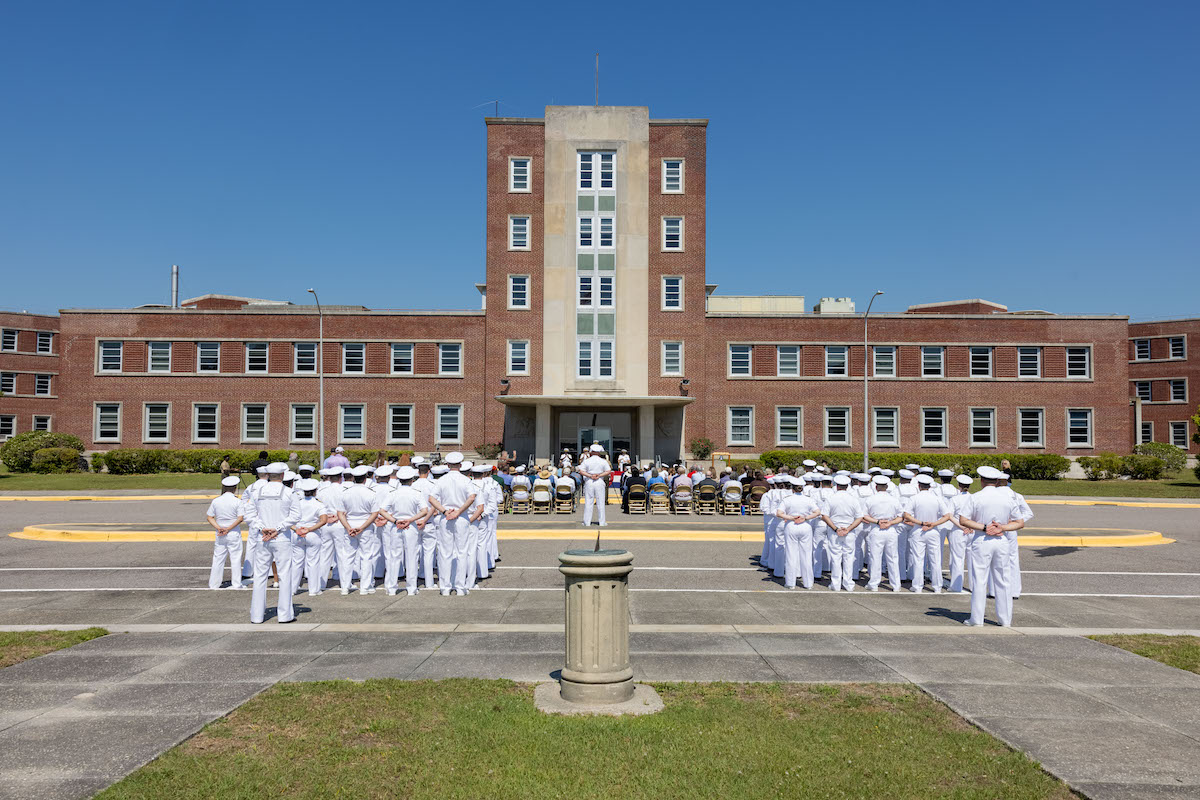By Larry Dandridge
According to the US Department of Veteran Affairs (VA) webpage titled “VA Health Services” found at https://bit.ly/3H8KAoE, “Over 1.7 million veterans received mental health services at the VA last year. VA mental health services range from peer support with other veterans to counseling, therapy, medication, or a combination of those options. The VA’s goal is to help veterans take charge of their treatment and live a full and meaningful life.”
Veterans should find out how to access VA mental health services for posttraumatic stress disorder (PTSD), psychological effects of military sexual trauma (MST), depression, grief, anxiety, and other mental health conditions. Veterans can use some VA services even if they are not enrolled in VA health care.
How to talk to someone at the VA right now?
If you are a veteran in crisis or concerned about a veteran, you can connect with the VA’s caring, qualified Veterans Crisis Line responders for confidential help. Many VA responders are veterans themselves. This Crisis Line service is private, free, and available 24/7.
To connect with a Veterans Crisis Line responder anytime, day or night:
- Dial 988, then select 1.
- Start a confidential chat at https://bit.ly/41UIcdJ. A caring VA responder will join the chat, ready to listen and help. The responder will ask a few questions, such as whether you or the veteran or service member you are concerned about may be in immediate danger or at risk of suicide. The chat is free and confidential, and you (the veteran or concerned person) decide how much information to share. Support does not end with your conversation. VA responders can connect you with the resources you need. Afterward, you may be connected with your local suicide prevention coordinator, who will contact you the next business day for continued support.
- Text 838255.
- If you have hearing loss, call the Teletypewriter (TTY) number: 800-799-4889.
Veterans and concerned persons can also:
- Call 911.
- Go to the nearest emergency room (ER) or, if you are helping a veteran, arrange for the veteran to go to the nearest ER.
- Go directly to the nearest VA Medical Center. It does not matter what the veteran’s discharge status is or if the veteran is enrolled in VA Healthcare or not. Find your nearest VA Medical Center using the “Find VA Locations” webpage https://bit.ly/3OYq9ym. The Ralph H. Johnson VA Medical Center is located at 109 Bee Street, Charleston, S.C. 29401, phone 843-577-5011. The Dorn VA Medical Center is located at 6439 Garners Ferry Road, Columbia, S.C. 29209, phone 893-776-4000.
Getting connected with VA mental healthcare, no matter a veteran’s discharge status, service history, or eligibility for VA healthcare
If a veteran needs support for a specific mental health problem or if a veteran is having problems sleeping, controlling anger, or readjusting to civilian life – he or she is not alone. The VA will help the veteran and the veteran’s family members to help the veteran and themselves.
To access free VA mental health services right away:
- Call or walk into any VA Medical Center – anytime, day or night. Find the closest VA Medical Center, Community-Based Outpatient Clinics (CBOCs), and VA Vet Centers at the VA’s “Find VA Locations” webpage at https://bit.ly/49MraSn.
- Call or walk into any VA Vet Center during clinic hours. Find the closest VA Medical Center, Community-Based Outpatient Clinics (CBOCs), and VA Vet Centers at the VA’s “Find VA Locations” webpage.
- Call the VA at 877-222-8387. The VA answers this phone Monday through Friday, 8 a.m. to 8 p.m. Eastern Standard Time. If you have hearing loss, call Teletype (TTY) at 800-877-8339.
Veterans do not need to be enrolled in VA health care to get care. Learn more about VA mental health services at:
- VA Mental Health Services webpage: https://bit.ly/3H8KAoE.
- PTSD Treatment webpage: https://bit.ly/3uM96Je.
- Depression Treatment for Veterans webpage: https://bit.ly/4bR35eO.
- Veteran Suicide Prevention webpage: https://bit.ly/4c5sulp.
- Military Sexual Trauma (MST) webpage: https://bit.ly/3V0zcAJ.
- Substance Use Treatment for Veterans webpage: https://bit.ly/42U51PK.
Other sources of mental health care
Other sources of mental health care for veterans and transitioning service members include “The Department of Defense (DOD) Military OneSource” and The VA “Transitioning Service Members” webpage.
The Department of Defense (DOD) Military OneSource webpage: https://www.militaryonesource.mil.
DOD’s Military OneSource is your 24/7 gateway to trusted information, resources, and confidential help. At this site, military members and their family members can chat with MilLife Experts, talk with someone now, request non-medical counseling, get relationship support, and more. This site gives service members and military families tools to stay well and thrive.
The VA “Transitioning Service Members” webpage: https://bit.ly/3IavUFH.
This valuable website includes the following Self-Help resources:
1. An educational and life coaching VA program called Moving Forward, which teaches problem-solving skills to help Vets better handle life’s challenges. It is designed for veterans, service members, and their families. Learn more at https://bit.ly/48v1kRJ.
2. The Returning Service Members (OEF/OIF) VA program, which provides information for our newest veterans returning from military service. Find information here about VA benefits, eligibility, and family support services. Learn more at https://www.va.gov/post911veterans/.
3. The In Transition Veteran.com program, which helps warriors currently receiving mental healthcare, transfer to a new provider. Veterans will learn about coaching resources that they can take advantage at this site. Learn more at https://veteran.com/intransition-program/.
4. VA Vet Centers, which are small, non-medical counseling centers conveniently located in your community. If you are a veteran or service member including members of the National Guard and Reserve, you may be eligible to receive individual and group counseling at no cost to you and your family. You can access these services (see https://www.vetcenter.va.gov) even if you’re not enrolled in VA health care or have a service connection. Vet Centers offer services such as:
- Individual and group counseling;
- Family and couples counseling for military transition to civilian life;
- Bereavement counseling;
- Medical and benefits referrals;
- Employment assessment and referral;
- Substance abuse assessment and referral; and
- Community engagement.
5. National Center For PTSD – Veterans and Their Families website, which contains in-depth information on PTSD and traumatic stress. You can find answers to Frequently Asked Questions About PTSD; Fact Sheets on Common Reactions; information about the effects of trauma on Family and Friends; and much more. Learn more at https://www.ptsd.va.gov.
6. National Guard Family Program, whose purpose is to enhance the quality of life for National Guard members, their families, and the communities in which they live. Learn more at https://bit.ly/3SWFl0t.
Continued next week.
Larry Dandridge is a Vietnam War wounded warrior, disabled veteran, ex-Enlisted Infantryman, ex-Warrant Officer Pilot, and retired Lt. Colonel. He is a past Veterans Service Officer, a Patient Adviser at the RHJ VA Hospital, the Fisher House Charleston Good Will Ambassador, and the VP for Veteran Affairs for the local Army Association Chapter. Larry is the author of the award-winning book Blades of Thunder and a contributing free-lance writer with the Island News. Contact him at LDandridge@earthlink.net or 843-276-7164.



